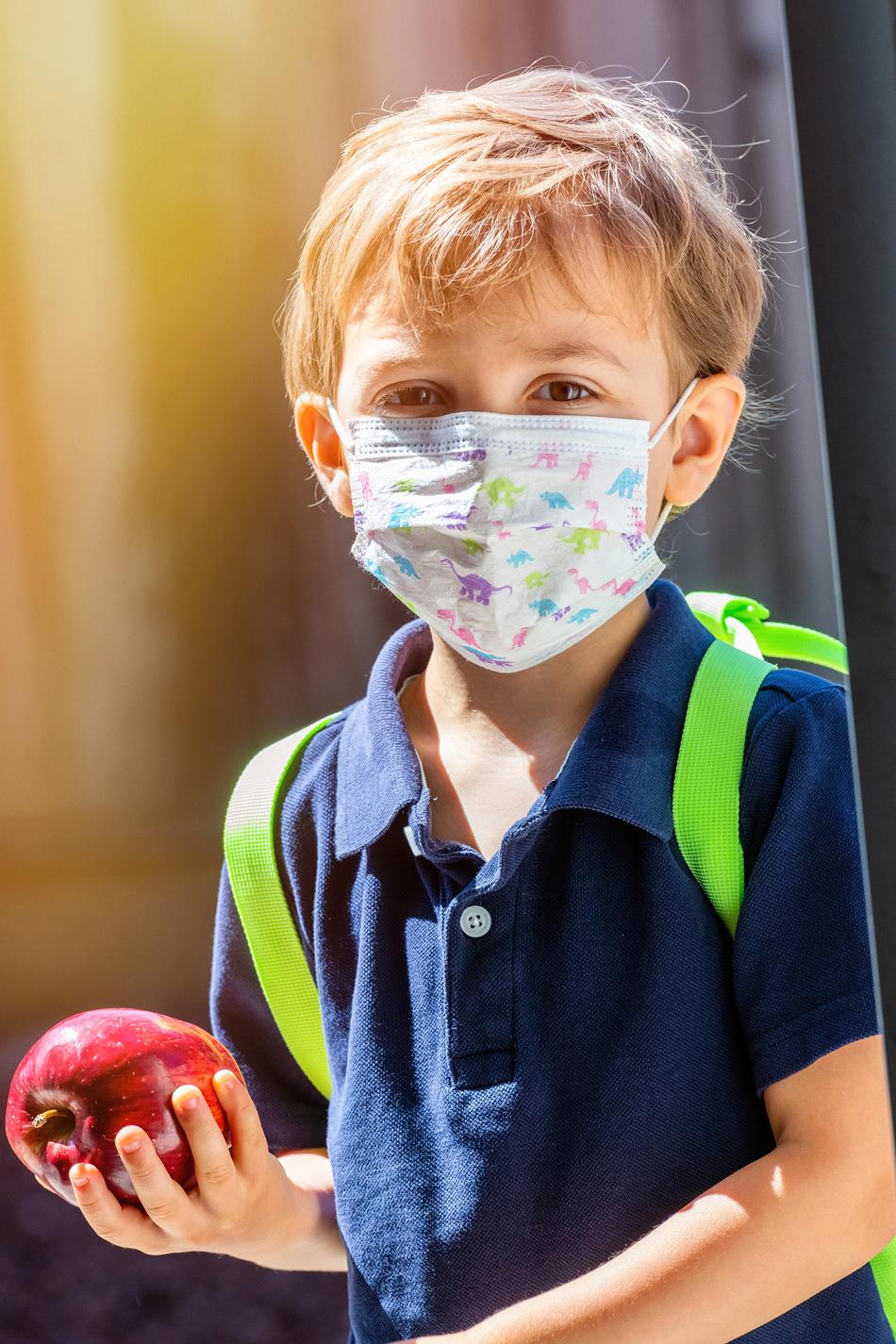
Episode Transcript
Interviewer: If you're a parent that has to decide between online or in-person learning this fall, how do you make that decision? Dr. Adam Hersh is an expert with pediatric infectious disease. He's also an epidemiologist who studies the spread of respiratory viral infections with children. He consults with school districts and individual schools about reopening plans, and he practices at Primary Children's Hospital. And here is his advice on how to make the decision, "In-person or online?"
Dr. Hersh: I think you have to look at what's going to go on at the school, and you also have to look at your own family circumstances. So first of all, I would recommend that families find out the details of the school reopening plan. What kinds of physical distancing will be achieved if in-person learning is going to happen in their school? Is it going to be the same as it's always been, or is the classroom size going to be reduced such that students will be able to be seated three to six feet apart? Ensuring that the school is really committed to universal face coverings. It is a statewide mandate, but just ensuring that that is, you know, the school's policy.
The other thing too is just having an understanding of your local community, what is going on with regards to the epi curve in your county, and there's quite a bit of variability statewide, because schools are reflections of the community. They're not islands. The people that attend the school are members of the community. So if disease transmission rates are going up in your community, that's going to be a factor against more in-person learning. If disease transmission rates are stable or declining, that's going to be a factor in favor of going that route.
The other thing that's really individualized is the health of your child and the health of everyone that's in that child's world, whether it's within the home environment that the child lives or just close contacts. And certainly, in circumstances where there are members of the family that live in the same household as the child or that the child is going to have frequent contact with, if certain family members are at much higher risk for a more complicated disease course, that's going to be a consideration that might, you know, in some families lead to choosing a remote learning option for the near future. In some cases it might force you to go back to the school and say, "Well, how stringent . . ." You know, maybe there's going to be an elderly person in the home and the school environment is really able to achieve a decent amount of physical distance for that child's class. That might kind of balance itself out.
But this is really an individualized set of considerations, but I would encourage people to look at, find out all the information they can about the school environment and then to look inwardly at their home environment and what their relative, individual risks are.
Interviewer: So we've looked at the aspect of safety of your student in class. That's the risk part. The benefit is there are benefits to going to in-person classes. Could you speak to that a little bit so a parent could weigh those too?
Dr. Hersh: Again, this is somewhat individualized. I mean, there are clearly some students for whom the benefits of in-person learning are much more substantial than for others. But clearly the socialization, being around peers is a crucial part of being in school. Certainly the engagement that one has by being physically present, looking peers in the eye, looking a teacher in the eye, certainly just enhances your focus and ability to participate. You know, the benefits are innumerable.
With that said, I think I would be remiss if I didn't acknowledge that there is a subset of students for whom remote learning may be, especially in this moment, to the extent that that's offered from their school, may be a better fit. And again, you know, these decisions ultimately are individualized.